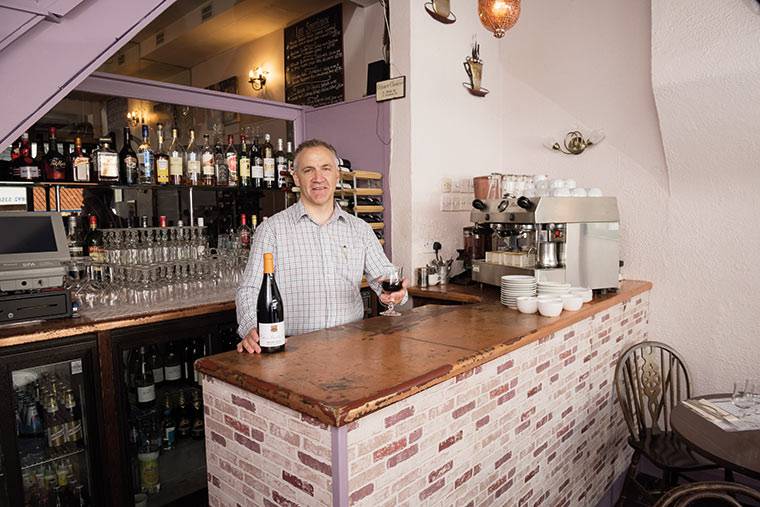Small businesses across Tunbridge Wells are split on the minimum wage increase which has come into force – with one publican warning it could be ‘the final nail in the coffin’ for his trade.
The hourly rate for over-21s last Thursday increased from £6.50 per hour to £6.70, the biggest percentage increase since 2007.
The news has been cautiously welcomed by some prominent business organisations since it was announced in the March budget.
John Allen of the Federation of Small Businesses said most companies ‘should be able to afford this rise’.
And although several Tunbridge Wells traders contacted by the Times agreed, others were unconvinced.
Benefit
Ali Cil, who runs Café Viva on the corner of Camden Road and Commercial Road, believed his business will ultimately benefit.
He said: “In my opinion it will not make much difference to costs but will have the positive impact of giving more people disposable income to spend in the café, which is good for us.”
Also on Camden Road, Marc Burnton of Baobab, a store specialising in South African food and drink, believes the increase is right in principle and will benefit taxpayers in the long run.
He said: “I am looking to take on another member of staff and would be prepared to pay more than the minimum wage anyway.
“I think it incentivises work and I would rather people got paid more than take money off the government in the form of benefits.”
But Mark Harper, owner of Rendez-Vous restaurant, is concerned by the latest increase, saying his line of business operates on very tight margins.
He said: “It makes businesses like us struggle a bit as margins are narrow. It is very hard to pass the increases on to customers too.
Mr Harper said that while his ethos is to always pay more than the minimum wage, it still inflates his costs.
He said: “We aim to pay well but it catches up on you because in order to retain the best staff we then have to raise wages further. I think it will hit our industry quite hard.”
One publican, who did not wish to be named, believes the increase could end up crippling independent pubs.
He said: “I do support fair pay and I’m not opposed to a minimum wage. But the impact it will have on staff-heavy businesses will be considerable.
“Big chains will be able to absorb the impact, but independent pubs, bars and restaurants will find it difficult.”
He said it the increase combined with other costs would be damaging.
He added: “Rents are too high and there have been large increases on alcohol taxes in recent years. Coupled with VAT and duties, it is a big disadvantage for the trade.
“Adding to all that the rise in the minimum wage and it could be a nail in the coffin for many.”
Anam Mujit, above, who runs café Teatotal with his older brother Hassan, believed the increase in the minimum wage is a good thing.
He said: “I’m all for it. The rise in the minimum wage goes hand in hand with the increases in the cost of living. It needed to be done because otherwise people will not have enough to live on.”
MINIMUM WAGE V LIVING WAGE
The minimum wage, which increased to £6.70 per hour for all aged 21 and over last Thursday, is the lowest rate companies are legally obliged to pay their staff. It is set by the Low Pay Commission, an independent public body which advises the government on what rate to set by taking economic factors into account. The government often follows its advice but it is not compulsory.
The living wage is set annually by the Living Wage Foundation which encourages companies to pay their staff above the minimum wage. The living wage is higher in London, at £9.15 per hour, taking into account the increased cost of living in the capital, while the UK rate is £7.85.
WHAT IS ABOUT TO CHANGE?
From next April, the minimum wage will only apply to those aged under 25 after chancellor George Osborne announced the introduction of a compulsory living wage in his summer budget. This will mean everyone aged 25 and over will be entitled to the compulsory living wage of £7.20 per hour, rising to £9 per hour by 2020.








